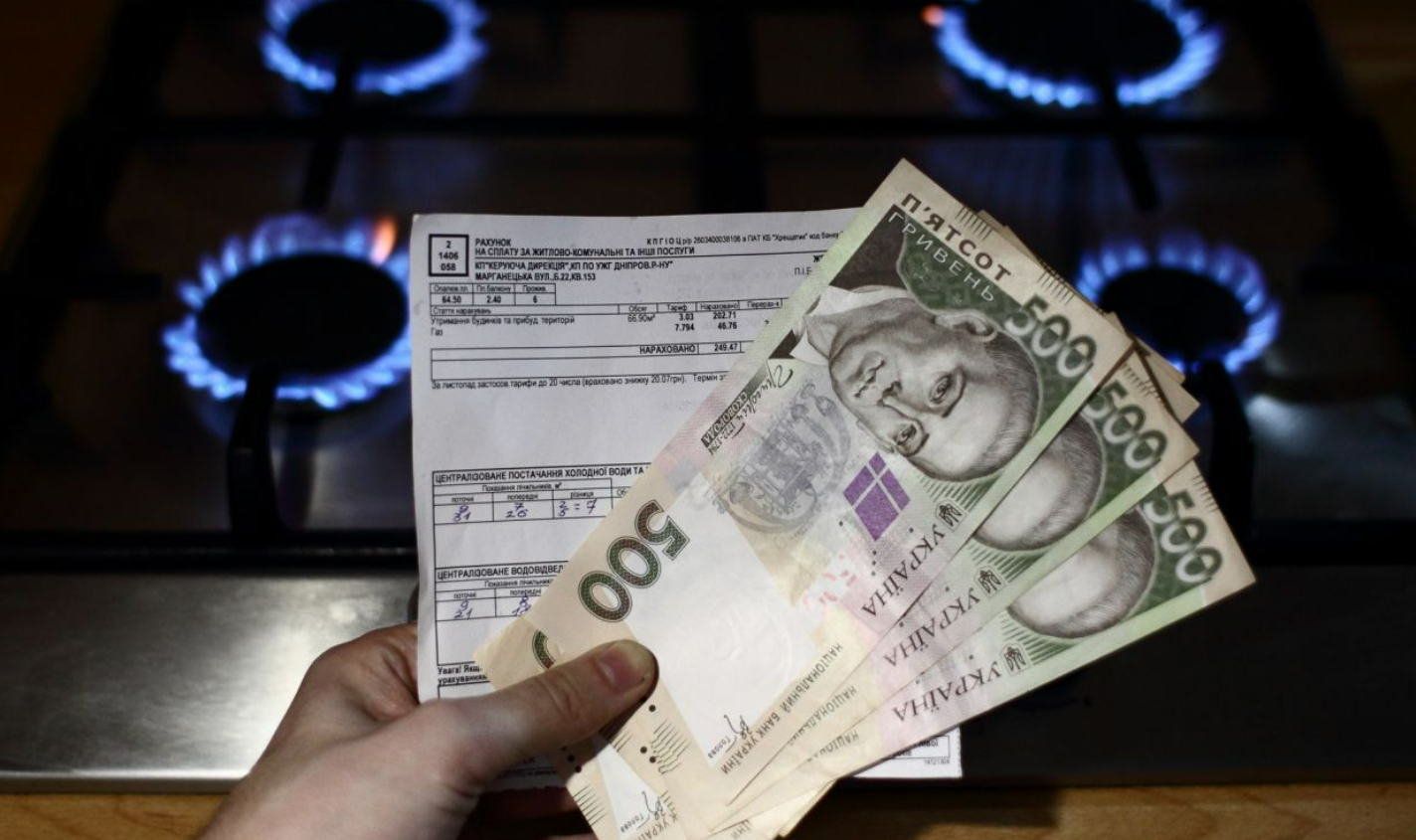Market economy, war and the IMF: why Ukraine is facing an inevitable tariff increase
9 September 16:59 EXCLUSIVE
EXCLUSIVE
The National Bank of Ukraine has issued another statement on the increase in utility tariffs. The regulator emphasizes that the increase is not only an economic necessity, but also a requirement of international partners, including the IMF. An important factor is the need to gradually align prices to market levels to avoid distortions in the energy market and reduce the burden on the state budget.
Just three weeks ago, the NBU was talking about raising electricity and gas tariffs. Before that, similar signals came from the International Monetary Fund. According to its forecasts, in the medium term, tariffs in Ukraine should increase by at least 20% annually until an economically justified price is reached.
Why tariffs should rise
There are several reasons for the tariff increase. First, it is necessary to cover the costs of energy companies operating in extremely difficult wartime conditions. Russia’s constant attacks on critical infrastructure have caused significant damage, and the funds for restoration are mostly taken from the state budget.
Second, tariff increases are a requirement of international lenders providing financial support to Ukraine.
According to housing and utilities expert Oleh Popenko, in 2026, the increase will not be limited to electricity or gas. It will affect heat, hot water, and water supply and sewerage services provided by water utilities.
Electricity will grow by 20% annually. In fact, the IMF says that they will “pull” the tariff to market indicators that should be in place in Ukraine. Therefore, in 2026, regardless of whether the war is over or not, we will face a massive increase in tariffs. What this will lead to is a completely different story. I mean non-payments, insolvency of the population,” Popenko shared his forecast.
He also emphasized once again that the increase in tariffs will be a serious challenge for the population: about 70% of Ukrainians will not be able to pay for utilities in full.
The impact of the war and additional budget expenditures
Economist Andriy Novak , who gave an exclusive commentary
According to him, Russia’s renewed massive shelling of Ukraine’s energy infrastructure is aimed at creating conditions for large-scale blackouts. This leads to an increase in state budget expenditures, as the government has to finance the aftermath of the attacks and the restoration of damaged facilities.
The additional budgetary costs will in any case be passed on to consumers. This will not happen instantly and not in all areas at the same time, but tariffs for key utilities such as electricity, gas and heating will inevitably increase,” Novak said.
He added that, given the circumstances of the war and the resumption of targeted shelling of the Ukrainian energy sector by Russia, Ukrainians need to prepare for the fact that tariffs will increase.
Perhaps not for all types of utilities at the same time, but the fact that tariffs for the main areas, the main items of utilities will objectively increase, and we need to be prepared for this,” the expert summarized
Lifting the moratorium on tariff increases and risks for households
Analysts are already warning that the gradual equalization of tariffs to market levels could lead to a sharp increase in the financial burden on households. In a situation where household incomes are not growing at the appropriate pace, the risk of massive non-payments becomes a reality. Experts estimate that many families already spend more than 25-30% of their monthly budget on housing and utility bills.
Increased tariffs may significantly affect socially vulnerable groups. That is why the Government is considering expanding the targeted subsidy program, which should become the main compensation mechanism for the poorest. However, the amount of spending on subsidies also depends on the state budget.
Read also: Electricity and gas tariffs may rise in 2026 – NBU warns of a new round of inflation
Rising utility bills: international context and donor requirements
The issue of tariffs is closely related to the cooperation program between Ukraine and the IMF. International lenders have repeatedly emphasized that financial assistance directly depends on Kyiv’s willingness to implement structural reforms, including in the housing and utilities sector. The preferential tariffs that remained in place during martial law helped maintain social stability, but they created a shortage of resources for companies and undermined donor confidence.
Дивіться нас у YouTube: важливі теми – без цензури
The NBU, the IMF, and leading experts agree that it is only a matter of time before utility tariffs rise. For the government, it is a way to reduce budget risks and ensure energy sustainability. For households, it is a new challenge that will require either an increase in income or the expansion of government support programs.
Next year may be a turning point in tariff policy: the country is moving towards a gradual return to market conditions for the provision of utility services. Social stability in the coming years will depend on how effectively the government can mitigate the consequences for the population.
Читайте нас у Telegram: головні новини коротко









